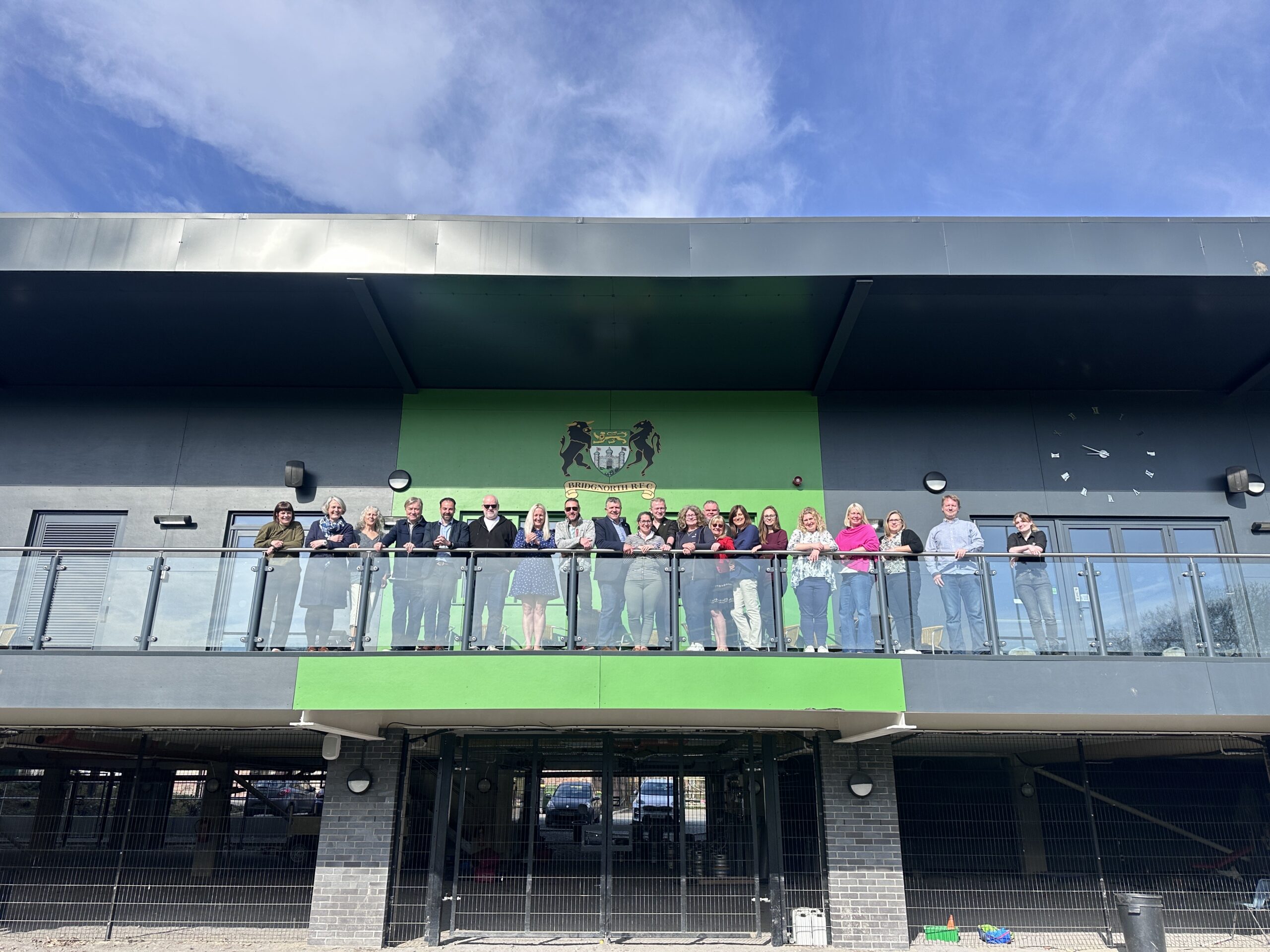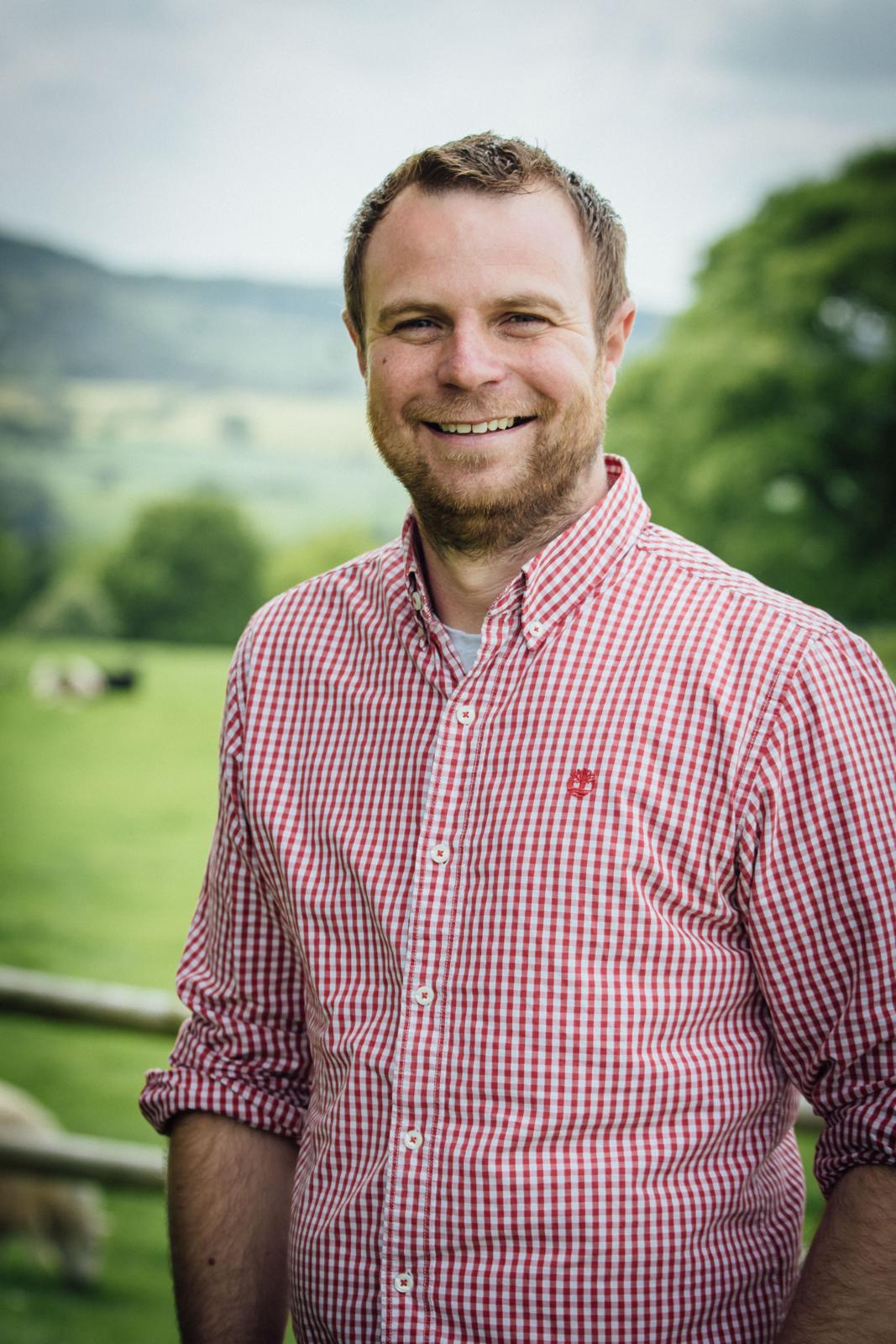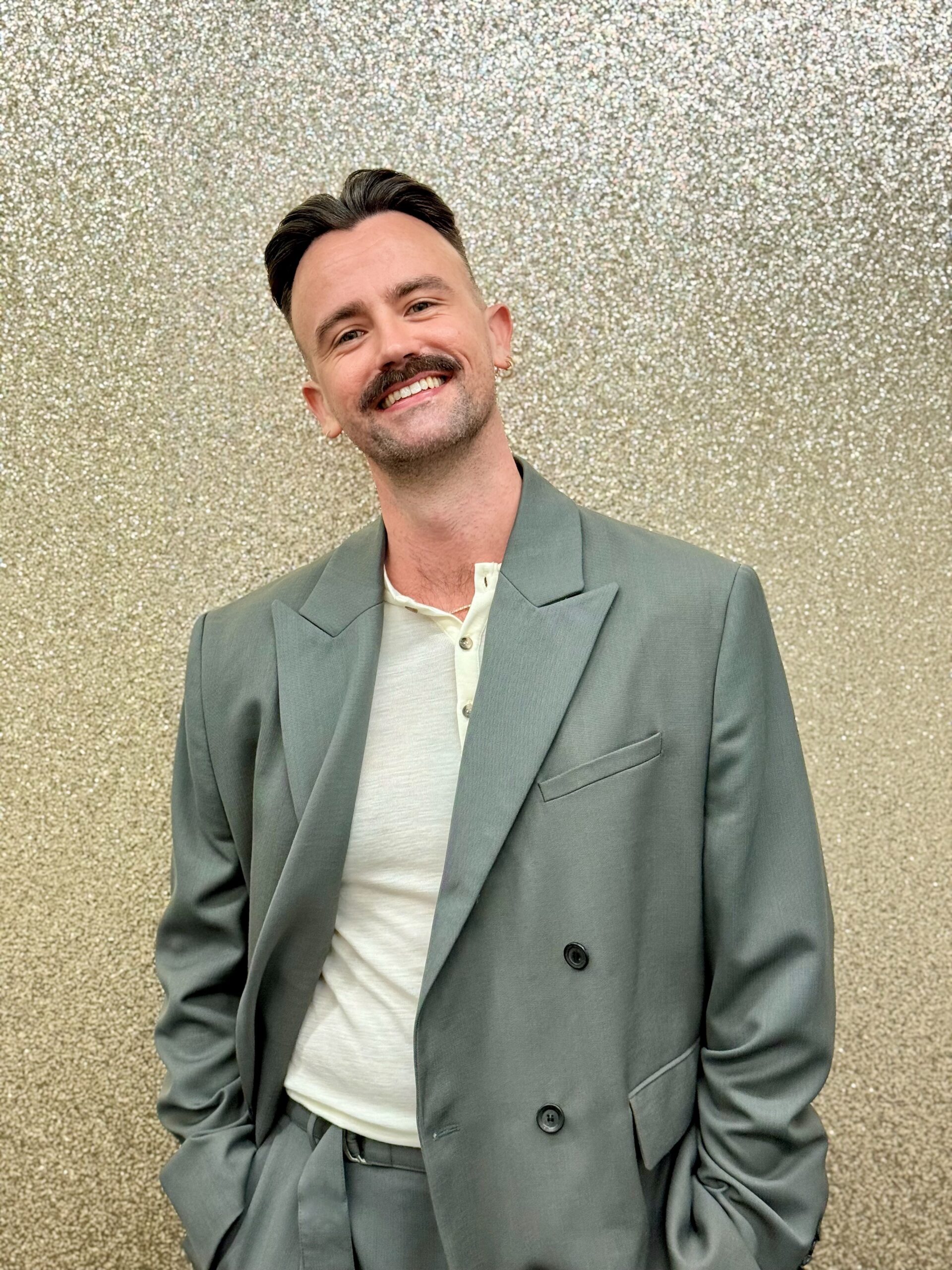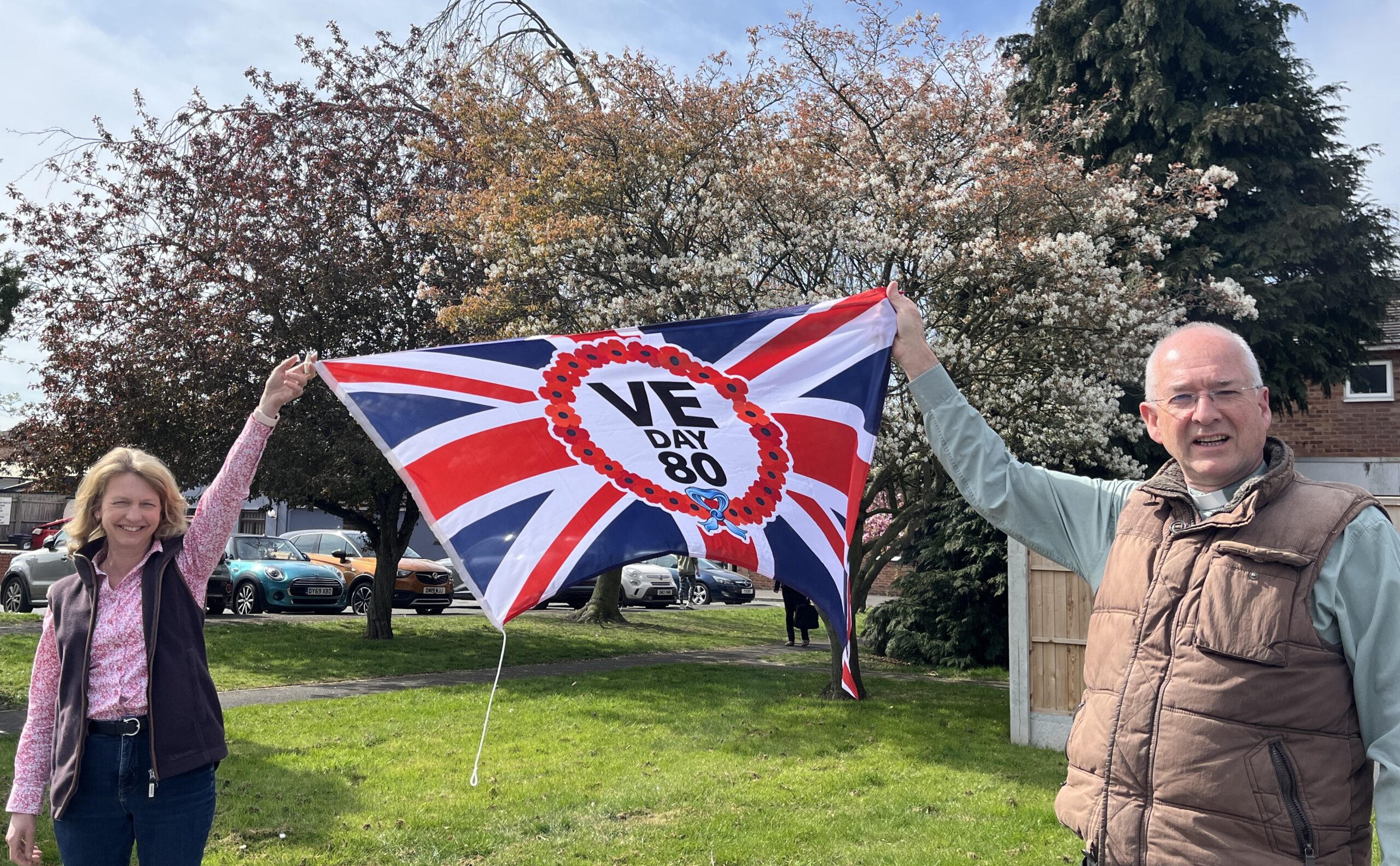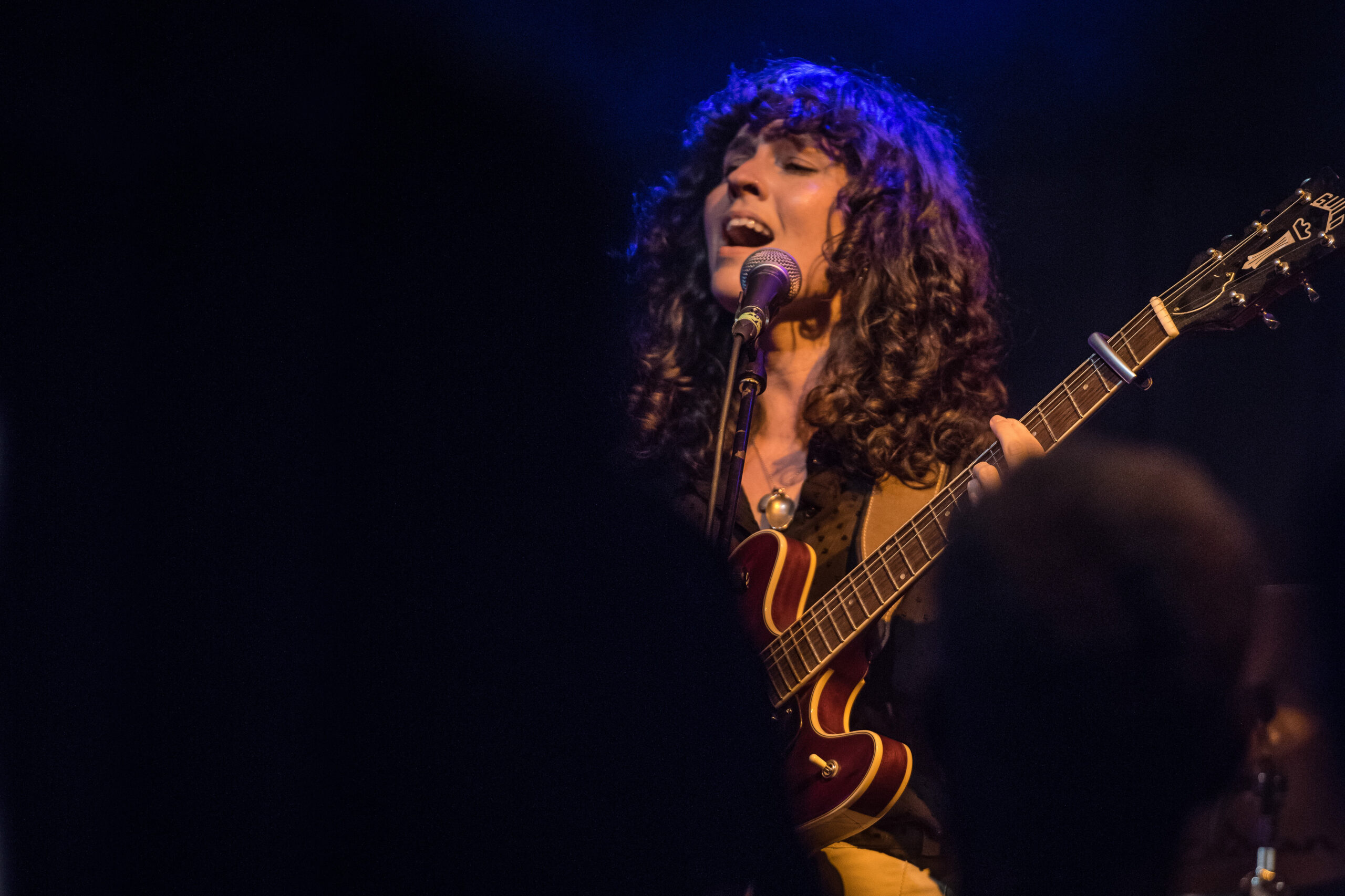Neil Thomas meets an inspirational Bridgnorth poet whose battle against alcoholism is educating the next generation
From the age of 15, Beth Abbott would drink herself into a stupor. Blotto. Regularly. Occasionally, it made her dangerously ill. By the time she was 19, she’d been in hospital four times and had attempted suicide.
Beth swiftly came to rely on alcohol. “It filled a void, I guess,” she says. By the time she was 30, she was an alcoholic in rehab.
Now aged 33, she has stayed sober for more than two years. She and 10-year-old daughter Isabella have made a new life for themselves in Bridgnorth – away from Birmingham, where she grew up and which held memories of those alcohol-saturated years and a relationship that didn’t work out.
Now Beth’s mission in life is to stop young people following the painful path that she took.
She is the ideal person to warn teenagers about the dangers of addiction – and that is exactly what she’s doing, visiting schools to talk to pupils about her experiences. Beth uses poetry to get her message across, running workshops called BTDT (Been There, Done That), in which she presents herself to 12 to 16-year-olds as the embodiment of how you can hit rock bottom when drink takes over.

makes her want to help other teenagers
She warns how tough it is to turn your life around. And how for each one, like her, who succeeds, there are plenty who don’t. Who lose family, friends, jobs and homes and who often die young.
As well as drinks and drugs dependency, workshops cover other challenging issues such as domestic abuse, bullying, mental health and homelessness. And aside from poetry, they employ drama, creative writing, music and dance to get the message across.

Beth is keen to share the personal optimism she now feels. Indeed, she has produced Our Little Book of Hope, an anthology of poetry from authors across the age range, from four to 84.
“We wanted to create a little book of hope when so many people felt lost,” she says. “We know that in years to come, the days of Covid-19 will be written about in history books, so we thought we could all have a little keepsake of our very own.
“I thought about some of the places that most need a little hope, like doctors’ surgeries, rehabilitation centres, hospices and amongst the people who live on the streets.
“It’s so easy when you are in a dark place to forget about the beauty in the world. So, I thought we could write about the things we are grateful for or the things in life that we love.”

While not ‘sugar coating it’, she tries to keep the tone of her presentations as upbeat as the subjects will allow. She believes it is important to reach children as young as possible, on the basis that prevention is better than cure – and that schools have a big role to play in helping to coach life skills, particularly to children denied such education at home.
Beth’s story is all the more frightening in that, in many respects, she was a normal teenage girl, from a middle-class home like millions across the country. Her parents were teachers and she had a comfortable upbringing. She had friends, an interest in music and boys, and was bright enough to be eyeing university, which both her parents had attended.
“Looking back, though, my dad tended to be quite strict and I think I rebelled against that. I was bullied at junior school, too, so built up a ‘don’t mess with me’ look to protect myself. The area I grew up in, it helped to look tough anyway. And I wasn’t one of those pretty little cutie girls, I was a geezer bird.
“I started drinking Vodka Red Bulls and at parties, I would
always drink faster and more than everyone else.”
Despite her experiences, Beth always stresses that she not on an anti-alcohol crusade.
“I’m not against drink at all. It can be very pleasurable, relaxes you and is a great social lubricant. For example, when it came to dating, I had no confidence and drink would help. The majority of people can handle it and drink in moderation, perhaps only touching it on social occasions or with meals. They know when to stop. But for a few people, there is no moderation, and I was one. I had no stop button and would drink every last drop,” she reflects.
Her parents split and she left home at 16, streetwise beyond her years. She faced a life of sleeping rough, but St Basil’s, a hostel and support service for 16-25-year-olds in Birmingham, initially took her in then helped her to find her own accommodation.
“The support I had was fantastic but my underlying problem remained. I was in active addiction to alcohol for 15 years. I was basically a functioning alcoholic.”
Failed relationships followed – though one gave her the joy of Isabella.
“I think it’s almost impossible if you are relying on drink to make a marriage or relationship work,” she says.

at one of her favourite spots in Bridgnorth
At 30, Beth reached a crossroads. She realised if she carried on as she was, she would drink herself to death. Isabella was just six and needed her. She yearned to be a better mother and appreciated that she could only do that by ‘drying out’. So, she went through Rehab at Changing Futures in Birmingham.
Love the Most
By Beth Abbott
Sundays,
Used to be the worst days,
Dealing with the aftermath of the weekend state,
Now every Sunday there will always be a roast upon our plate,
There will be uniform clean and smelling fresh,
No regrets of a weekend sesh,
Just ordinary days, forest walks,
Meaningful mother-daughter talks,
Ordinary days without drama are quite delightful,
The beauty in sober sleep delightful,
Rested, alert, aware,
That it’s still me ingrained somewhere,
So, I don’t let it, even for a second, slip my mind,
I know its sneaky style,
I don’t walk by the Alcohol isle.
I have built up so much, I truly love this peace,
So, I armour up to fight this beast,
I take my dog for little walks on a Sunday,
I actually embrace the thought of Monday,
It doesn’t send shivers down my spine,
I polish the school shoes till they shine,
It’s just little things, not massive things, that normal people do,
That you find joy in once again as you’re exploring a fresh life new,
It’s not for brownie points or to gloat or boast,
I don’t hate Sundays any more, in fact I love them the most.
It was a turning point. Not only did she sober up, but she realised she had a talent for counselling others.
She had always loved poetry and the idea of weaving educational workshops around it took root. The notion that she could make a business out of it, become self-sufficient, soon followed. She went through several mentoring schemes such as the Fuse start-up programme for social enterprise and women-led businesses in Birmingham and West Midlands; Good2Great business coaching in Bridgnorth and Social Heart CIC (Community Interest Company) business support.
She set up her own CIC in November 2020 and, three months later, won the BEC (Birmingham Enterprise Community) Porridge Award, run in connection with social enterprise experts ise, for an up-and-coming CIC. She clinched the prize with a poetry performance.
Since then, as Covid restrictions have eased, she has put on several workshops and hopes more schools will use her services.

Her home life is transformed. Isabella is nine and a constant joy to her. They have as strong a mother/daughter bond as you will see. They love living in Bridgnorth, to where her father has also moved, providing family support. And Beth has a new man in her life.
“It’s the first time I’ve been in a relationship sober. Scary, eh?” she says with a broad smile.
She has drawn widespread praise for her courage in standing up and talking about her demons, which she is determined will remain in the past. One enthusiastic supporter is the High Sheriff of Shropshire, Tony Morris-Eyton. He says, “Beth has a powerful story to tell about her battle with addiction. She has turned her life around with a tremendous personal effort and great support from others. She is very eloquent and aims to spread her message in schools, targeting primarily 12-16-year-olds, on the basis of prevention is better than cure. She is using creative arts like poetry and drama to great effect to cover sensitive issues. It is an ambitious and important project and she herself is an inspiration.”
Beth Abbott has, in her family album, a photograph of a 15-year-old girl in a pink coat with spots.
“It was taken when I had first started drinking and I just think I look so sad. It’s that image that makes me want to help other 15-year-olds to stop them from looking how I do in that photograph.”
Visit btdtpoetryworkshops.com for more information.
If you are concerned about your own, or someone else’s, drinking, the website Alcohol Support – NHS, offers advice and help.
The following also offer help:
- Drinkline – The national alcohol helpline. If you’re worried about your own or someone else’s drinking, call this free helpline in complete confidence. Call 0300 123 1110 (weekdays 9am to 8pm, weekends 11am to 4pm).
- Alcoholics Anonymous (AA) – A free self-help group. Its programme involves getting sober with the help of regular support groups.
- Al-Anon Family Groups – Offers support to the families and friends of problem drinkers. Alateen is part of Al-Anon and can be attended by 12- to 17-year-olds who are affected by another person’s drinking, usually a parent.
- We Are With You – A UK-wide treatment agency that helps individuals, families and communities manage the effects of drug and alcohol misuse. If you are over 50 and worried about your drinking, call 0808 8010 750
- Adfam – A national charity working with families affected by drugs and alcohol. Adfam operates an online message board and a database of local support groups.
- The National Association for Children of Alcoholics (Nacoa) – Provides a free, confidential telephone and email helpline for children of alcohol-dependent parents and others concerned about their welfare. Call 0800 358 3456 for the Nacoa helpline.


